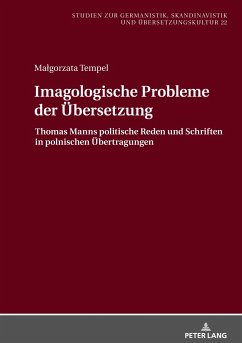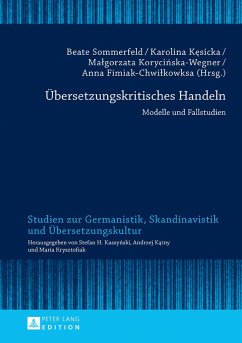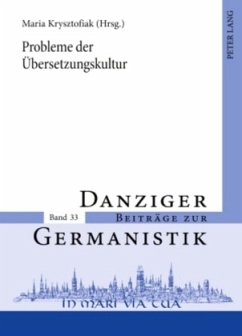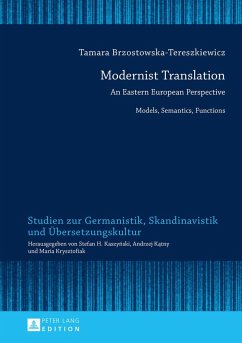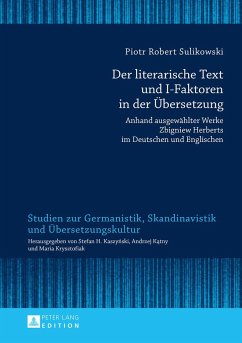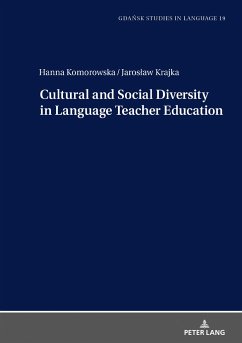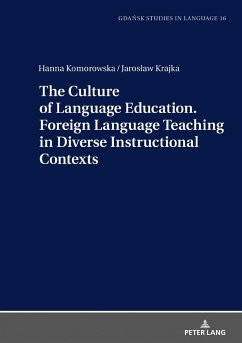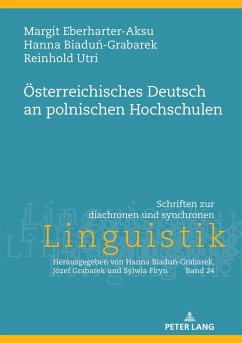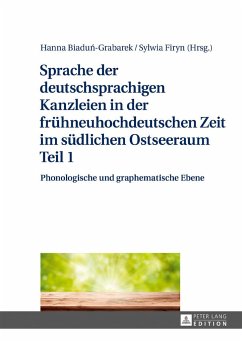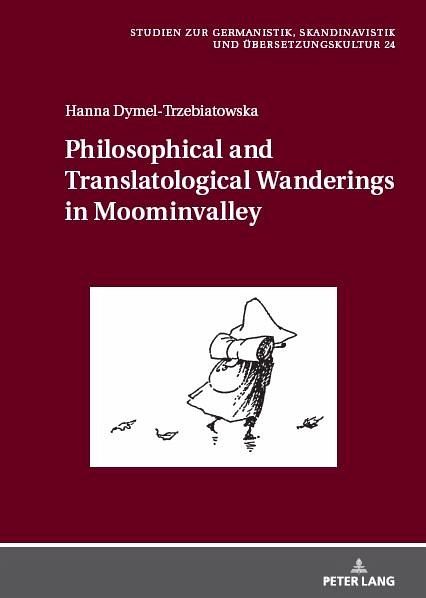
Philosophical and Translatological Wanderings in Moominvalley
Versandkostenfrei!
Versandfertig in 6-10 Tagen
49,95 €
inkl. MwSt.

PAYBACK Punkte
0 °P sammeln!
The bipartite work titled Philosophical and Translatological Wanderings in Moominvalley explores Tove Jansson's renowned children's classic to illumine its inherent double-address mode. Part one discusses the plentiful philosophi-cal hypotexts of the Moomin series, ranging from Parmenides to Westermarck and geared to an adult readership. Part two examines the Polish translation of anthroponyms, humour and cuisine terms as central to the Moominvalley idiom and the poetics of the saga. By identifying translation techniques and linguistic shifts, the author provides comparative insights into how ...
The bipartite work titled Philosophical and Translatological Wanderings in Moominvalley explores Tove Jansson's renowned children's classic to illumine its inherent double-address mode. Part one discusses the plentiful philosophi-cal hypotexts of the Moomin series, ranging from Parmenides to Westermarck and geared to an adult readership. Part two examines the Polish translation of anthroponyms, humour and cuisine terms as central to the Moominvalley idiom and the poetics of the saga. By identifying translation techniques and linguistic shifts, the author provides comparative insights into how the source and target texts address their respective audiences. By highlighting the triumphs and failures of the Polish Moomin books, the argument spells out the implications of double address for translation and translation studies.





